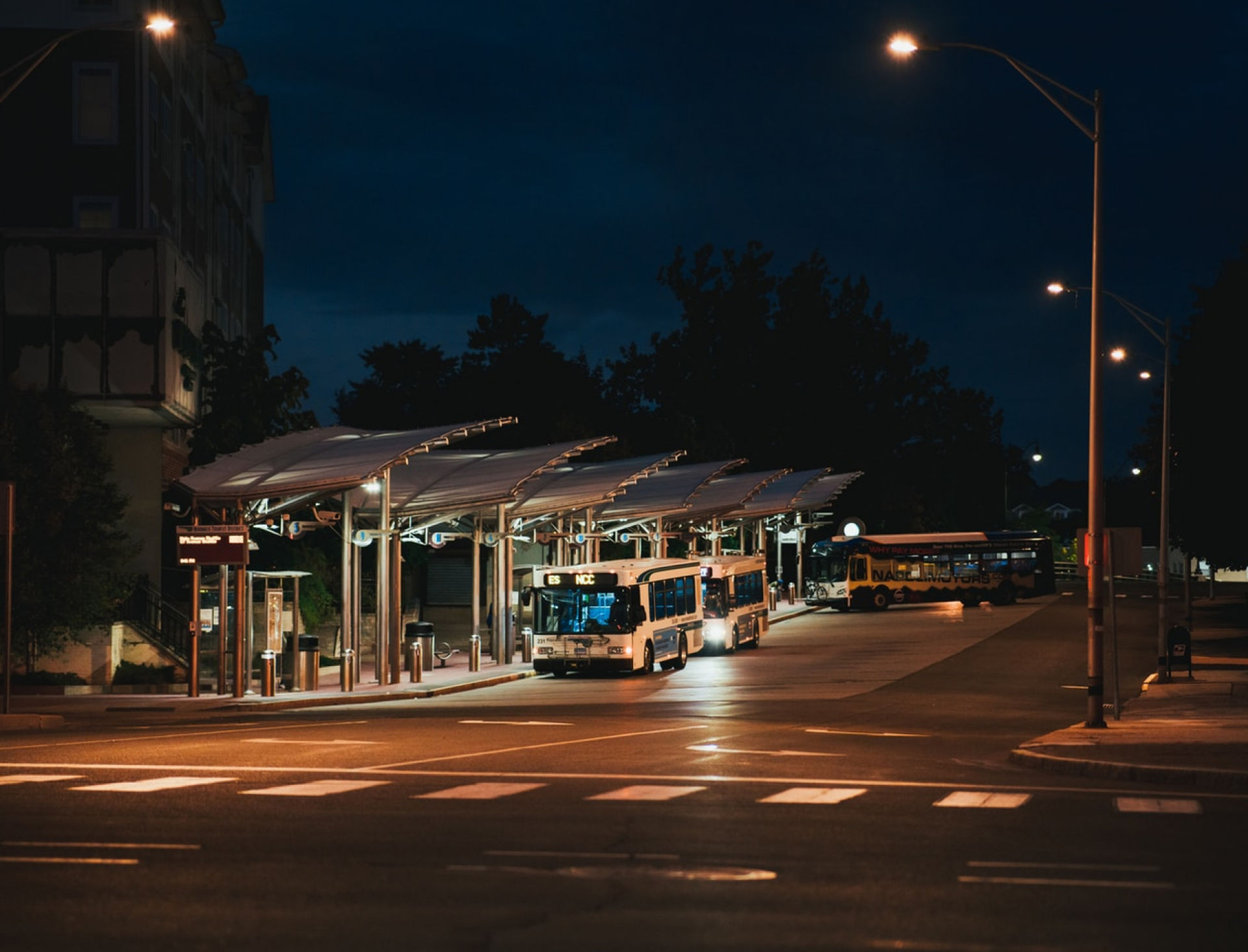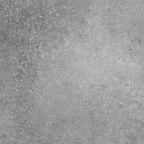

Target group lanes
Target group lanes, for example for buses, taxis and trucks, are increasingly being constructed. The load from heavy vehicles requires suitable pavement that resists rutting. Concrete is resistant to rutting, oils and greases and frost and de-icing salts. Concrete pavements can be applied in all kinds of colors and are virtually maintenance-free.
Target group lanes, depending on user requirements, can be implemented in:
- unreinforced (butted) concrete pavement
- continuous reinforced concrete pavement
- fiber mix concrete
The advantages of implementing target group strips in concrete are:
- maintenance costs are minimal
- the top layer is flat and non-slip
- can be installed both mechanically and manually
- next to existing/new asphalt pavements
To promote traffic flow, more and more lanes are being built on motorways, which in particular have to be used by freight traffic.
Bus stops
Many intensive traffic movements take place at bus stops and bus stations. There is slowing down and accelerating traffic and a lot of maneuvering heavy traffic, especially in bus stations.
Getting in and out must be effortless and safe. Coordination between accessibility and accessibility of the bus is of great importance for the comfort of the traveller. The drainage must also be taken into account.
Concrete meets all the requirements that a bus stop and bus station must meet. It prevents deformation, so that drainage and comfort are guaranteed. The application of colored concrete visually contributes to clear situations, which promotes safety for road users and travelers.
Concrete pavements in bus stops can be installed both mechanically and manually and offer the following advantages:
- the construction is relatively quick and easy to realize
- due to the limited maintenance work, there are low (additional) maintenance costs
- the required flatness and roughness of the surface can easily be achieved with
- concrete
- construction of liquid-tight constructions is possible
Business parks
Industrial estates are often used intensively. There are often high axle loads combined with turning, maneuvering traffic. Storage of material and equipment also creates considerable (long-term) point loads.
The concrete pavement is highly resistant to heavy, long-term loads. The low maintenance costs ensure that the company site is optimally available, which promotes the operating result.
Advantages of concrete pavements are:
- No deformations occur
- It is possible to make concrete pavement liquid-tight
- No/minimal attack by oil, fats and acids
- A concrete pavement can be installed in all shapes
- A concrete pavement forms a good surface for driving forklift trucks, for example
Mechanical installation is very attractive for large surfaces, both in terms of price and - quality
Constructions of non-reinforced concrete, (continuously) reinforced concrete and fiber-reinforced concrete are possible.
The concrete pavement on industrial estates has now been successfully applied at many locations:
- in and around storage sheds and industrial halls
- container terminals
- loading and unloading stations at distribution centers
- platforms and hangar floors
- silos for storage of bulk materials
- corn silage
- yard pavements
Resting places
Filling stations along the highways in the Netherlands are increasingly being set up as complete rest and service areas. Both light and heavy traffic come and go at these locations, so there are dynamic and static axle loads.
The parking spaces for trucks are almost always constructed in concrete pavements. The longer rest time of the truck drivers automatically leads to a longer lasting static load. Concrete pavements are very resistant to this.
The large surfaces make it interesting to lay the pavements mechanically with a slipform paver. The concrete edging is usually also poured on site. It is a very health and safety friendly way of working, with high daily productions possible.
Knowing more? Please contact Bart Couwenberg: b.couwenberg@denoudengroep.com



- Nederlands
- English
- Deutsch
- Francais